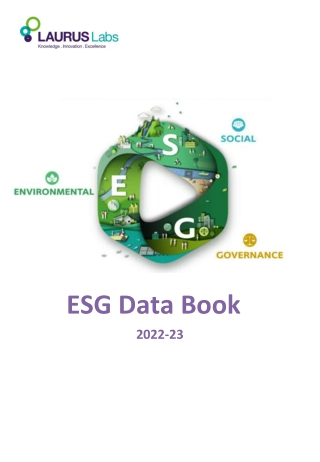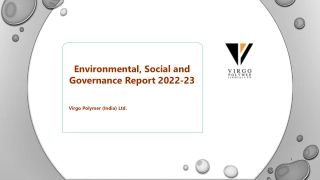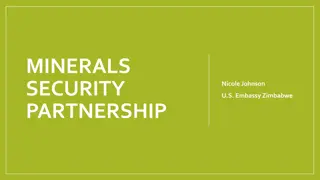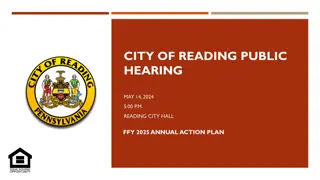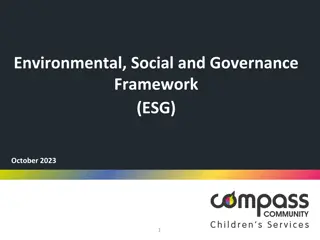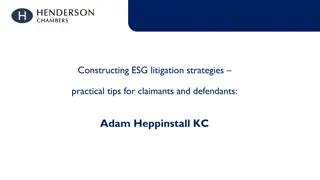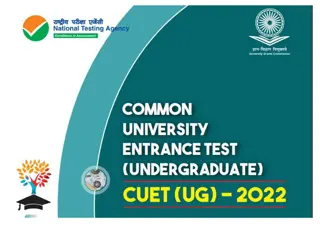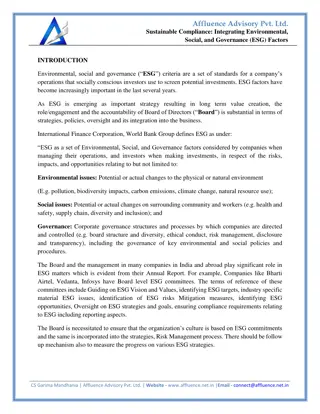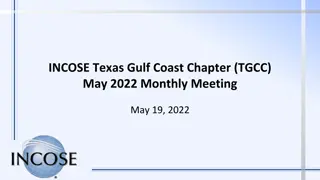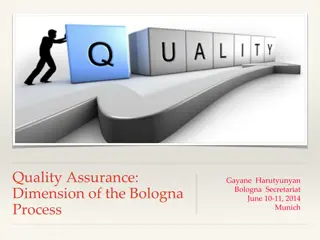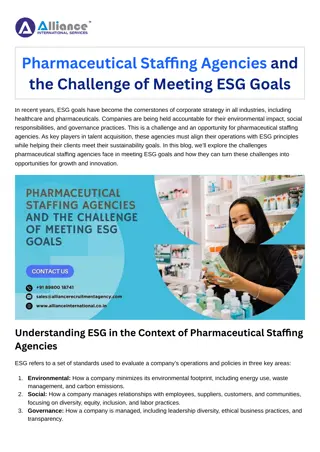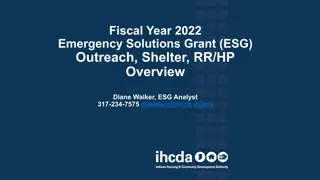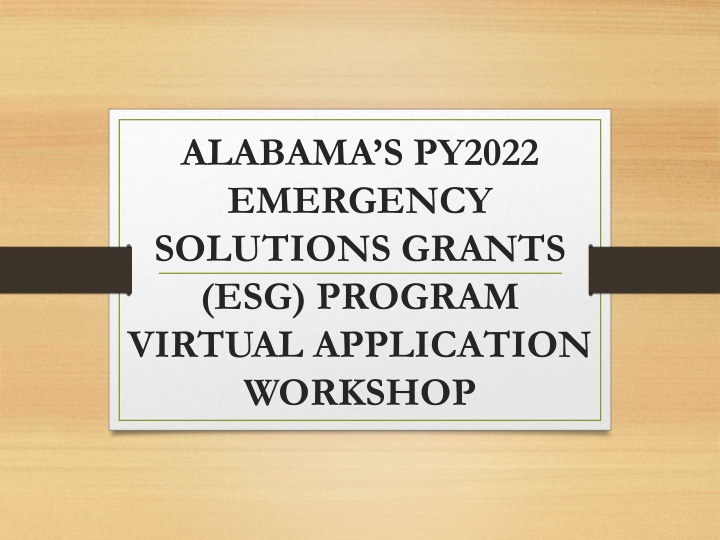
Alabama Emergency Solutions Grants Program 2022 Workshop
Participate in the Alabama Emergency Solutions Grants (ESG) Program Virtual Application Workshop. Learn about the program details, funding distribution, eligible applicants, and how to apply. Find resources and support to upgrade homeless facilities, prevent homelessness, and re-house individuals in need.
Download Presentation

Please find below an Image/Link to download the presentation.
The content on the website is provided AS IS for your information and personal use only. It may not be sold, licensed, or shared on other websites without obtaining consent from the author. If you encounter any issues during the download, it is possible that the publisher has removed the file from their server.
You are allowed to download the files provided on this website for personal or commercial use, subject to the condition that they are used lawfully. All files are the property of their respective owners.
The content on the website is provided AS IS for your information and personal use only. It may not be sold, licensed, or shared on other websites without obtaining consent from the author.
E N D
Presentation Transcript
ALABAMAS PY2022 EMERGENCY SOLUTIONS GRANTS (ESG) PROGRAM VIRTUAL APPLICATION WORKSHOP
EMERGENCY SOLUTIONS GRANTS PROGRAM Dave Veatch Emergency Solutions Grants Program Manager dave.veatch@adeca.alabama.gov 334-353-0288
Website Resources https://adeca.alabama.gov/esg/ Presentation Slides Application Form Certifications Other Submission Forms Continuum of Care contacts Annual Action Plan
Action Plan Details the administration of funds State-wide Assistance Upgrade existing Homeless Facilities and Domstic Abuse Shelters Operations Essential Services Prevent Homelessness Re-House Homeless Persons
DISTRIBUTION OF FUNDS Approx. $2.8 million based on 2021 allocation Grant ceiling: $400,000 for single-jurisdiction service area $500,000 for multi-county service area Funds will be matched by the Subrecipient Funds will be allocated on the quality of applications received
ELIGIBLE APPLICANTS Local units of government: cities, towns, or counties Private nonprofit organizations Faith-based organizations
PRIVATE NONPROFIT ORGANIZATION Must meet the following criteria: Is a secular or religious organization described in section 501 (c) of the Internal Revenue Code of 1986; Is exempt from taxation under subtitle A of the Code; Has an accounting system and a voluntary board; and Practices nondiscrimination in the provision of assistance
FAITH-BASED ORGANIZATIONS Can NOT use Grant Funds to: Engage in religious purposes or activities Discriminate based on religion or religious beliefs Rehabilitate structures used for religious activities
APPLICATION THRESHOLDS Applications will not be accepted if applicant: Is indebted to the state or federal government and no repayment arrangement is in place Has disallowed costs resulting from an ADECA review or audit and no resolution is finalized Has an open ESG project from 2020 or earlier, as of May 27, 2022 (closeout documents are due on May 27, 2022)
APPLICATION RESTRICTIONS Applicant may not be listed as a second-tier subrecipient in another application. NOTE: A second-tier subrecipient may be listed as a second-tier subrecipient in multiple applications.
ELIGIBLE ACTIVITIES Street Outreach Emergency Shelter Homelessness Prevention Rapid Re-Housing Homeless Management Information System (HMIS) Administration
STREET OUTREACH Assistance provided must serve unsheltered homeless persons who are neither willing nor able to access housing, emergency shelter, or an appropriate health facility.
STREET OUTREACH ELIGIBLE COSTS Eligible costs include: Engagement Case Management Emergency Health Services Emergency Mental Health Services Transportation Services to Special Populations
STREET OUTREACH: ENGAGEMENT Initial assessment of needs and eligibility Providing crisis counseling Addressing urgent physical needs (meals, blankets, clothes, toiletries) Actively connecting and providing information and referral Cell phone costs of outreach workers
STREET OUTREACH: CASE MANAGEMENT Using the centralized or coordinated assessment system (coordinated entry) Initial evaluation/verifying and documenting eligibility Counseling Developing/securing/coordinating services
STREET OUTREACH: CASE MANAGEMENT Helping obtain federal, state, and local benefits Monitoring/evaluating participant progress Providing information and referral to other providers Developing an individualized housing/service plan
STREET OUTREACH: EMERGENCY HEALTH SERVICES Assessing participants' health problems and developing treatment plans Assisting participants to understand their health needs Providing or helping participants obtain appropriate emergency medical treatment Providing medication and follow-up services
STREET OUTREACH: EMERGENCY MENTAL HEALTH SERVICES Crisis interventions Prescription of psychotropic medications Explain the use and management of medications Combinations of therapeutic approaches to address multiple problems
STREET OUTREACH: TRANSPORTATION Transporting unsheltered people to emergency shelters or other service facilities Cost of staff and participant s travel on public transit Mileage allowance for outreach workers to visit participants Purchasing/Leasing vehicle
STREET OUTREACH: SERVICES TO SPECIAL POPULATIONS Special populations: homeless youth; victim services; persons living with HIV/AIDS Engagement Case Management Emergency Health Services Emergency Mental Health Services Transportation
EMERGENCY SHELTER Eligible costs include: Essential Services Renovation Shelter Operations Assistance Required under URA
EMERGENCY SHELTER: ESSENTIAL SERVICES Case Management Child Care Life Skills Mental Health Services Education Services Employment Assistance and Job Training
EMERGENCY SHELTER: ESSENTIAL SERVICES Outpatient Health Services Legal Services Substance Abuse Treatment Services Transportation Services for Special Populations
EMERGENCY SHELTER: ESSENTIAL SERVICES CASE MANAGEMENT Using the centralized or coordinated assessment system Initial evaluation including verifying and documenting eligibility Counseling Developing, securing and coordinating services including federal, state, and local benefits
EMERGENCY SHELTER: ESSENTIAL SERVICES CASE MANAGEMENT Monitoring and evaluating program participant progress Providing information and referrals to other providers Providing ongoing risk assessment and safety planning with victims of domestic violence, dating violence, sexual assault, and stalking Developing an individualized housing and service plan
EMERGENCY SHELTER: ESSENTIAL SERVICES CHILD CARE Childcare costs Meals and snacks Comprehensive and coordinated sets of appropriate developmental activities
EMERGENCY SHELTER: ESSENTIAL SERVICES EDUCATION SERVICES Educational services/skill-building Screening, assessment and testing Individual or group instruction Tutoring
EMERGENCY SHELTER: ESSENTIAL SERVICES EDUCATION SERVICES Provision of books, supplies and instructional material Counseling Referral to community resources
EMERGENCY SHELTER: ESSENTIAL SERVICES - EMPLOYMENT ASSISTANCE AND JOB TRAINING Classroom, online and/or computer instruction Employment screening, assessment, or testing On-the-job instruction Job finding, skill-building Reasonable stipends in employment assistance and job training programs
EMERGENCY SHELTER: ESSENTIAL SERVICES - EMPLOYMENT ASSISTANCE AND JOB TRAINING Books and instructional material Structured job-seeking support Special training and tutoring, including literacy training and pre-vocational training Counseling or job coaching Referral to community resources
EMERGENCY SHELTER: ESSENTIAL SERVICES - OUTPATIENT HEALTH SERVICES Licensed Medical Professionals may: Assess health problems and develop a treatment plan Assist program participants to understand their health needs Provide preventive and non-cosmetic dental care
EMERGENCY SHELTER: ESSENTIAL SERVICES - OUTPATIENT HEALTH SERVICES Providing or helping participants obtain: Appropriate medical treatment Preventive medical care Health maintenance services including emergency medical services Medication and follow-up services
EMERGENCY SHELTER: ESSENTIAL SERVICES - LEGAL SERVICES Hourly fees for legal advice and representation by licensed attorneys and certain other fees-for- service Client intake, preparation of cases for trial, provision of legal advice, representation at hearings, and counseling Filing fees and other necessary court costs
EMERGENCY SHELTER: ESSENTIAL SERVICES - LEGAL SERVICES Child support Guardianship Paternity Emancipation Legal separation
EMERGENCY SHELTER: ESSENTIAL SERVICES - LEGAL SERVICES Resolution of outstanding criminal warrants Appeal of veterans and public benefit claim denials Orders of protection and other civil remedies for victims considered special populations
EMERGENCY SHELTER: ESSENTIAL SERVICES - LIFE SKILLS TRAINING Budgeting resources Managing money Managing a household Resolving conflict
EMERGENCY SHELTER: ESSENTIAL SERVICES - LIFE SKILLS TRAINING Shopping for food and needed items Improving nutrition Using public transportation Parenting
EMERGENCY SHELTER: ESSENTIAL SERVICES - MENTAL HEALTH SERVICES Crisis interventions Individual, family, or group therapy sessions Prescription of psychotropic medications or explanations about the use and management of medications Combinations of therapeutic approaches to address multiple problems
EMERGENCY SHELTER: ESSENTIAL SERVICES - SUBSTANCE ABUSE TREATMENT SERVICES Client intake and assessment Outpatient treatment for up to thirty days Group and individual counseling Drug testing
EMERGENCY SHELTER: ESSENTIAL SERVICES - TRANSPORTATION Cost of a program participant s travel on public transportation Mileage allowance for service workers to visit participants Travel costs of staff to accompany or assist program participants to use public transportation
EMERGENCY SHELTER: ESSENTIAL SERVICES - TRANSPORTATION Purchasing or leasing a vehicle used for transporting participants and/or staff serving participants Including the cost of: Gas Insurance Taxes Maintenance
EMERGENCY SHELTER: ESSENTIAL SERVICES SERVICES FOR SPECIAL POPULATIONS All eligible essential services are available to assist special populations. Special populations: Homeless youth Victims of domestic violence, dating violence, sexual assault, or stalking, Persons living with HIV/AIDS in emergency shelters
EMERGENCY SHELTER: REHABILITATION AND RENOVATION Labor Materials Tools Other costs for renovation, including soft costs Major rehabilitation of an emergency shelter Conversion of a building into an emergency shelter
EMERGENCY SHELTER: REHABILITATION AND RENOVATION Minimum Period of Use 10 Years: Major Rehabilitation or Conversion Rehabilitation costs exceed 75% of the value of the building before rehabilitation 3 Years: Other Renovation Rehabilitation costs are 75% or less of the value of the building before rehabilitation
EMERGENCY SHELTER: SHELTER OPERATIONS Maintenance (including minor or routine repairs) Rent Food Furnishings Security Fuel Insurance
EMERGENCY SHELTER: SHELTER OPERATIONS Utilities Equipment Supplies necessary for the operation of the emergency shelter Hotel or motel voucher for family or individual* *Hotel/motel vouchers are only eligible under the emergency shelter activity; and when no appropriate emergency shelter is available.
EMERGENCY SHELTER: ASSISTANCE REQUIRED UNDER URA Costs of providing URA assistance under 576.408, including relocation payments and other assistance to persons displaced by a project assisted with ESG funds
STREET OUTREACH AND EMERGENCY SHELTER Maintenance of Effort: Subrecipients that are units of general-purpose local government cannot use their ESG funds to replace funds the local government provided for street outreach or emergency shelter services during the immediately preceding 12-month period unless HUD determines the local government is in a severe financial deficit.
STREET OUTREACH AND EMERGENCY SHELTER Minimum Period of Use Street Outreach: Street outreach services must be provided for at least the period of time for which ESG funds are committed for that purpose. Emergency Shelter: Where ESG funds are used solely for essential services or shelter operations, services or shelter must be provided to homeless individuals and families at least for the period during which the ESG funds are provided.
STREET OUTREACH AND EMERGENCY SHELTER EXPENDITURE CAP The total amount of the State s ESG award that may be used for street outreach and emergency shelter activities combined cannot exceed the greater of: 60% of the FY2022 (*expected) award amount of $2,883,869 ($1,730,321); OR The total amount of FY2020 grant funds committed for homeless assistance activities


